Source: Visual Capitalist
By: Tessa Di Grandi
Article & Editing: Bruno Venditti
Graphics & Design: Sabrina Fortin
Date: December 08, 2023

The above content is sponsored by Sprott
The Global Uranium Market in 3 Charts
The uranium market is experiencing increased demand, driven by its integral role in clean energy generation through its use in nuclear power.
In this graphic, our sponsor Sprott explores three pivotal areas shaping the global uranium landscape.
Uranium Demand
With 436 operational nuclear reactors worldwide and 173 more in the pipeline, the demand for uranium is on the rise.
The United States, China, and France collectively represent approximately 58% of the global uranium demand.
Despite its relative abundance, the looming scarcity of supply poses a significant challenge.
The Uranium Supply Gap
Forecasts project a persistent supply-demand imbalance for uranium, with an anticipated cumulative gap of approximately 680,000 metric tons by 2040.
Meanwhile, the existing supply gap is expected to intensify, signifying a prolonged shortage in the market.
| Millions of U3O8 lbs | Production | Demand | Gap |
|---|---|---|---|
| 2022 | 129 | 194 | 65 |
| 2023P | 142 | 195 | 53 |
| 2024P | 160 | 196 | 36 |
| 2025P | 172 | 198 | 26 |
| 2026P | 184 | 208 | 24 |
| 2027P | 188 | 213 | 25 |
| 2028P | 189 | 217 | 28 |
| 2029P | 190 | 221 | 31 |
| 2030P | 185 | 223 | 38 |
| 2031P | 174 | 226 | 52 |
| 2032P | 158 | 235 | 77 |
| 2033P | 154 | 242 | 88 |
| 2034P | 150 | 249 | 99 |
| 2035P | 139 | 253 | 114 |
| 2036P | 135 | 255 | 120 |
| 2037P | 118 | 257 | 139 |
| 2038P | 114 | 260 | 146 |
| 2039P | 108 | 269 | 161 |
| 2040P | 106 | 270 | 164 |
To bridge the immediate supply deficit, reactivating dormant mines becomes crucial, considering the extensive timeline of 10-15 years for new mines to become operational.
Uranium Producers
In 2022, Kazakhstan, Canada, Namibia, and Australia were responsible for over 70% of the global uranium production.
However, recent geopolitical developments threaten disruptions in the uranium supply chain, including:
- Potential sanctions on Russian uranium and related services.
- Risks of supply interruptions in Kazakhstan due to transportation routes passing through Russia.
- Halts in uranium exports from Niger following government coups.
Despite these risks, the demand for uranium in nuclear reactors is projected to escalate over the next decade, increasing by 28% by 2030 and anticipated to nearly double by 2040.
The surge will be driven by governments scaling up nuclear power capacity to achieve zero-carbon targets.


